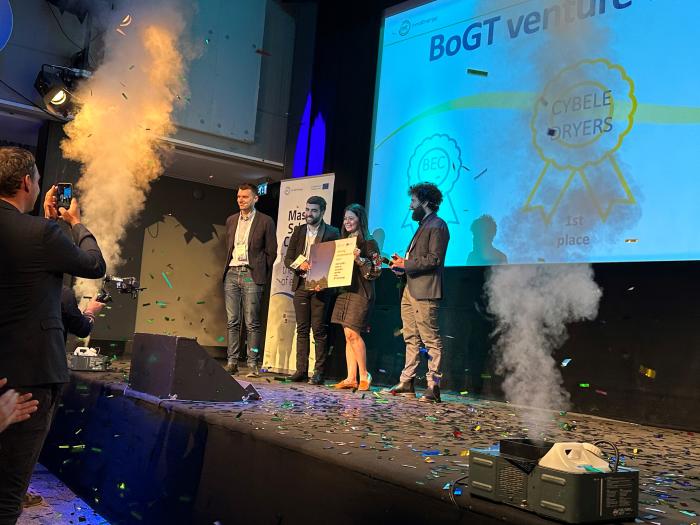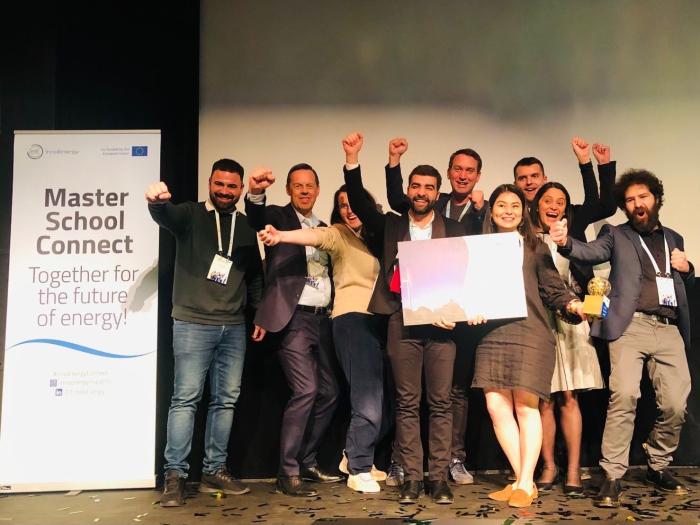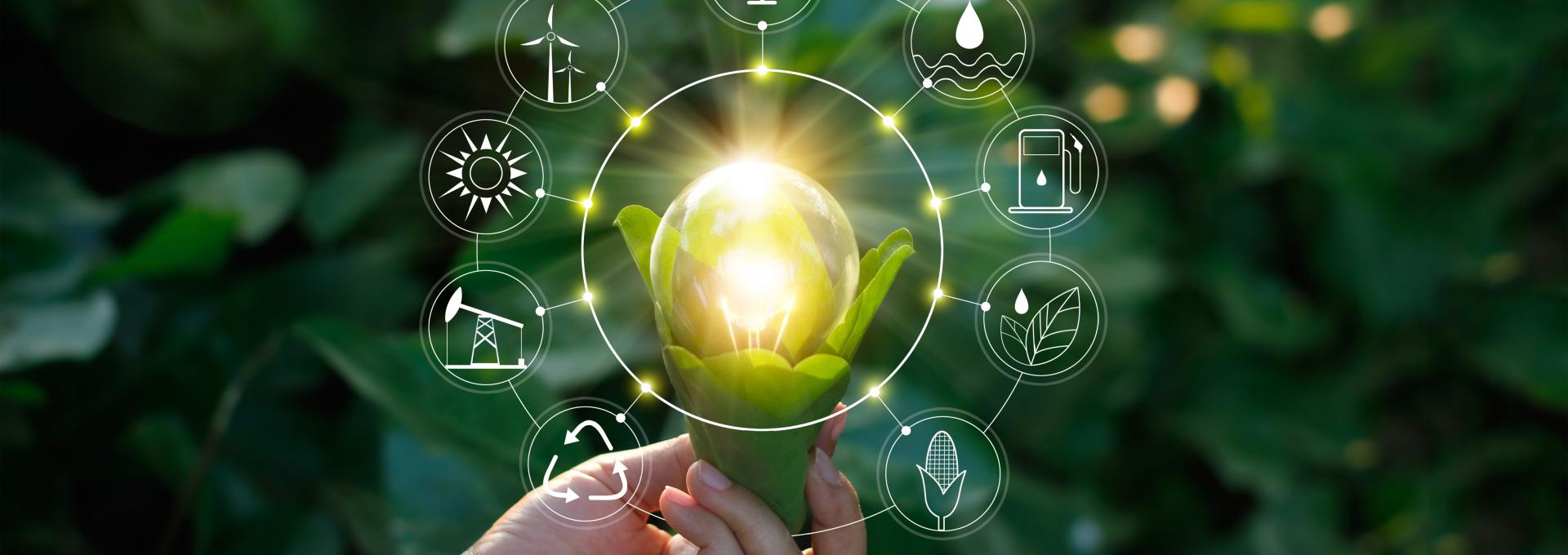Jennifer is a second year MSc&T student at École Polytechnique in the Energy Environment: Science Technology and Management program.
The Battle of Green Talent is a competition that takes place every year to showcase innovative start-ups related to the energy sector.
In this interview, Jennifer talks about this competition, her experience and her project!


Who are you?
I am Jennifer Ortiz and I am a part of the InnoEnergy Double Master Program - a Double Degree in 2 different universities in Europe. I did my first year at KTH in Sweden and I am finishing my second year at Ecole Polytechnique.
What is the Battle of Green Talent?
The Battle of Green Talent is a competition that takes place every year. The goal is to showcase innovative start-ups related to the energy sector while competing to earn investments from other participants who signed up on the online platform. At first, 26 projects were presented on the platform, and after 3 investment rounds the top 6 projects were selected to go pitch in front of investors in Sweden.
My team and I decided to fill out an application to enter the competition and signed up for 6 months of intense work related to the validation of the idea and the development of a viable business plan for it.
Why did you want to enter this competition?
As part of this Master Degree I also had the opportunity to follow some business classes in Barcelona which culminated in building a business plan for a start-up. Having won that competition among my peers motivated me to compete again in the Battle of Green Talent.
What was your project about?
My project is to build and sell solar power dryers that will be exclusively designed to dry coffee and cocoa beans so small-scale farmers in Colombia, Ecuador, and Peru can have more control over their business and increase their profits. Currently, farmers are forced to sell their fresh produce to middlemen by taking present commodity prices, without the ability to negotiate, which makes them susceptible to economic variability and impedes them from bettering their quality of life.
Why and how did you get that idea?
One of my best friends is a cocoa farmer in Ecuador and one day she explained to me how difficult it was for her to grow her business because of her inability to dry the cocoa beans on her own.
Farmers in South America usually don’t have the manpower or the capacity to dry coffee or cocoa beans before selling it. Since it is impossible to keep those beans for a long before the harvest goes bad, they sell small quantities at a very low price.
Our machine would allow them to have an automatic drying process so they can dry the beans with little effort and be able to store them sell until the commodity market exhibits a fair price. The farmers will have more control over their business.
With the price of the machine and how much usually these small farms produce - they would have a payback period of about 6 months and increase their revenues by 23%.
What are the next steps?
I have personal connections with some farmers in Columbia as well as in Ecuador and a lot of them are looking forward to testing the machine!
Although we already know how the machine is going to work, we still have to go deeper into the technical part of it and figure out the logistics for manufacturing and distribution.
Once I am finishing my studies, I will start building the prototype, test it and sell it if possible.
What is your best memory from that competition?
After winning the prize, a lot of people congratulated us and our incentive to target farmers and allow them to grow businesses. It was very gratifying!
Also, even though I have been in Europe for 2 years I always felt like I was the only Ecuadorian in the group so I was thrilled to discovered a whole community.
How did you feel when you won the prize?
We first won the « People’s choice » Award and then the competition.
I was surprised and full of emotions - winning 10 000 euros is a big deal!
How did the MSc&T helped you go through that competition?
A lot of things:
- The technical background needed
- Time Management
- Being able to communicate with team members
- Figuring out how to talk to investors and pitch in front of them
- Bringing this issue to the forefront to prove the profitability of the project
What are your ambitions for the future?
I always wanted to be able to help people or the environment in some way.
I am currently an intern at IEA in the International Relations division for Latin America and having the opportunity to connect with energy leaders in there means a lot to me.
I would like to continue working in International energy Relations to influence policy and make an impact on an international level.
